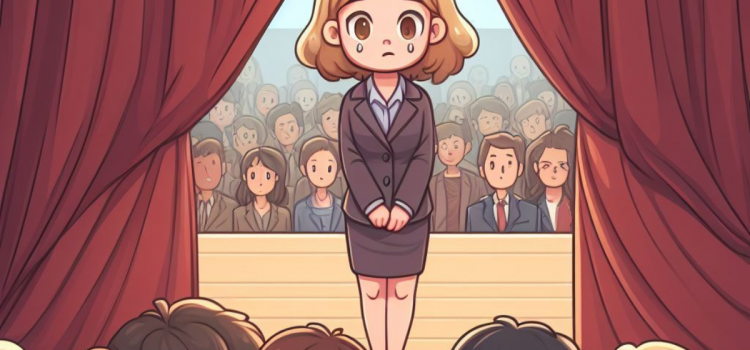How can you keep your judgment from getting clouded during a high-stress situation? What must you understand before you can resolve the issue? George Thompson developed Verbal Judo to help people handle tense situations at work, home, and elsewhere. Not only do you need to understand the personalities involved, you must fully and accurately ascertain the scenario you’re dealing with. Keep reading to learn how to analyze a situation using Verbal Judo principles and techniques.
How to Analyze a Situation: 4 Tips to Navigate a Tense Moment










